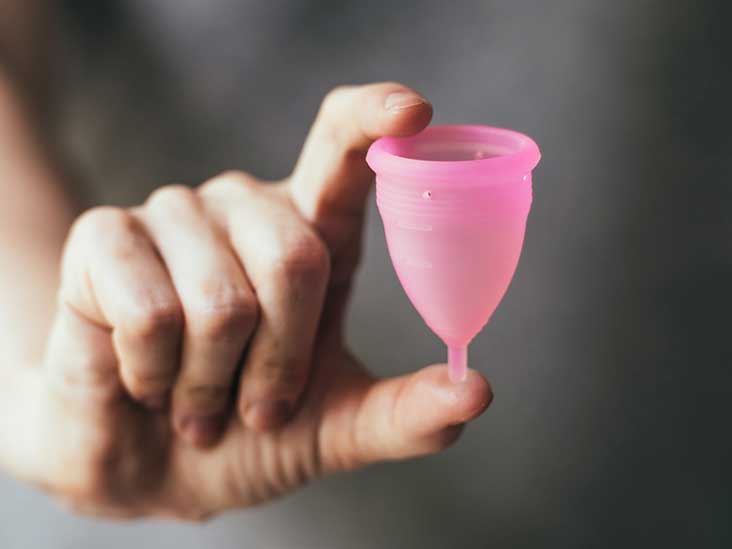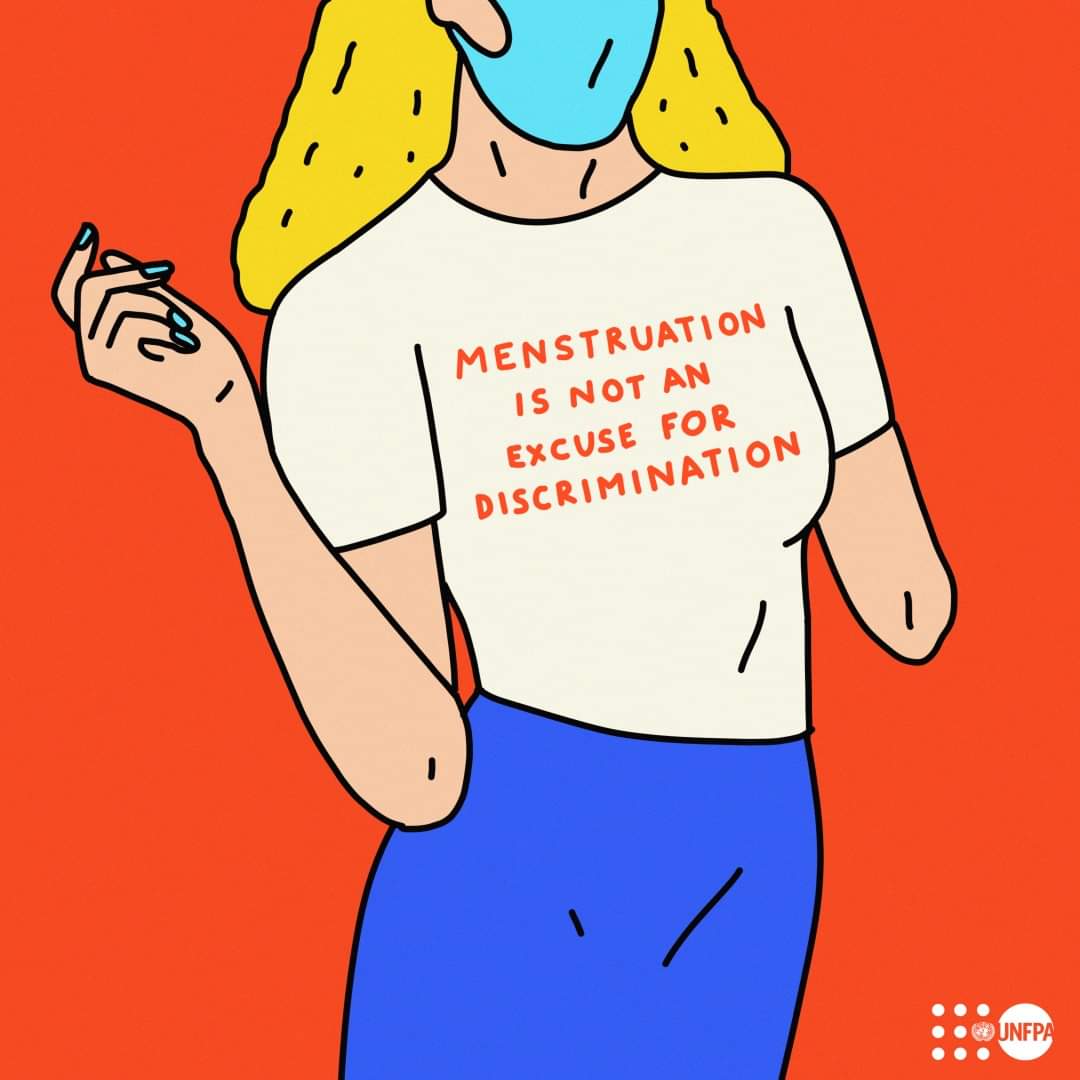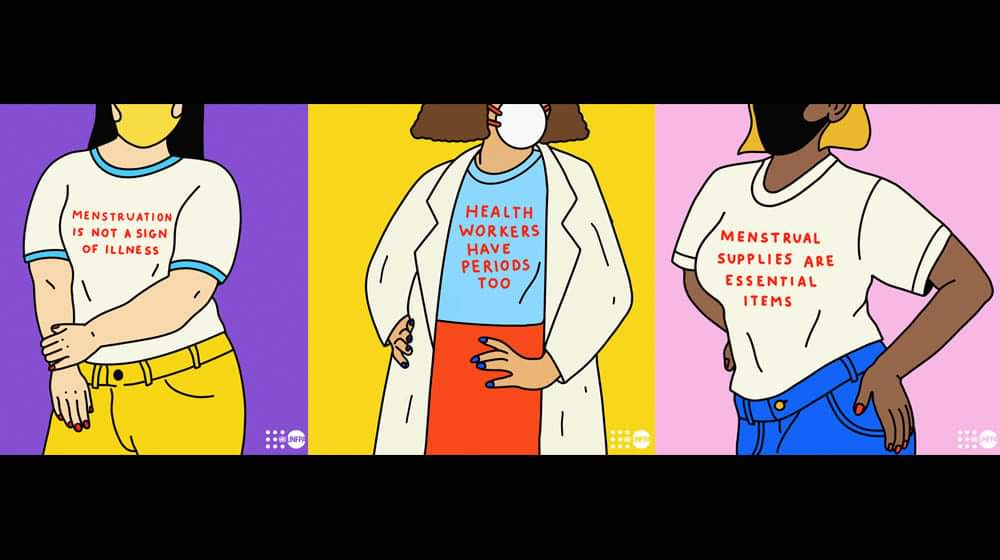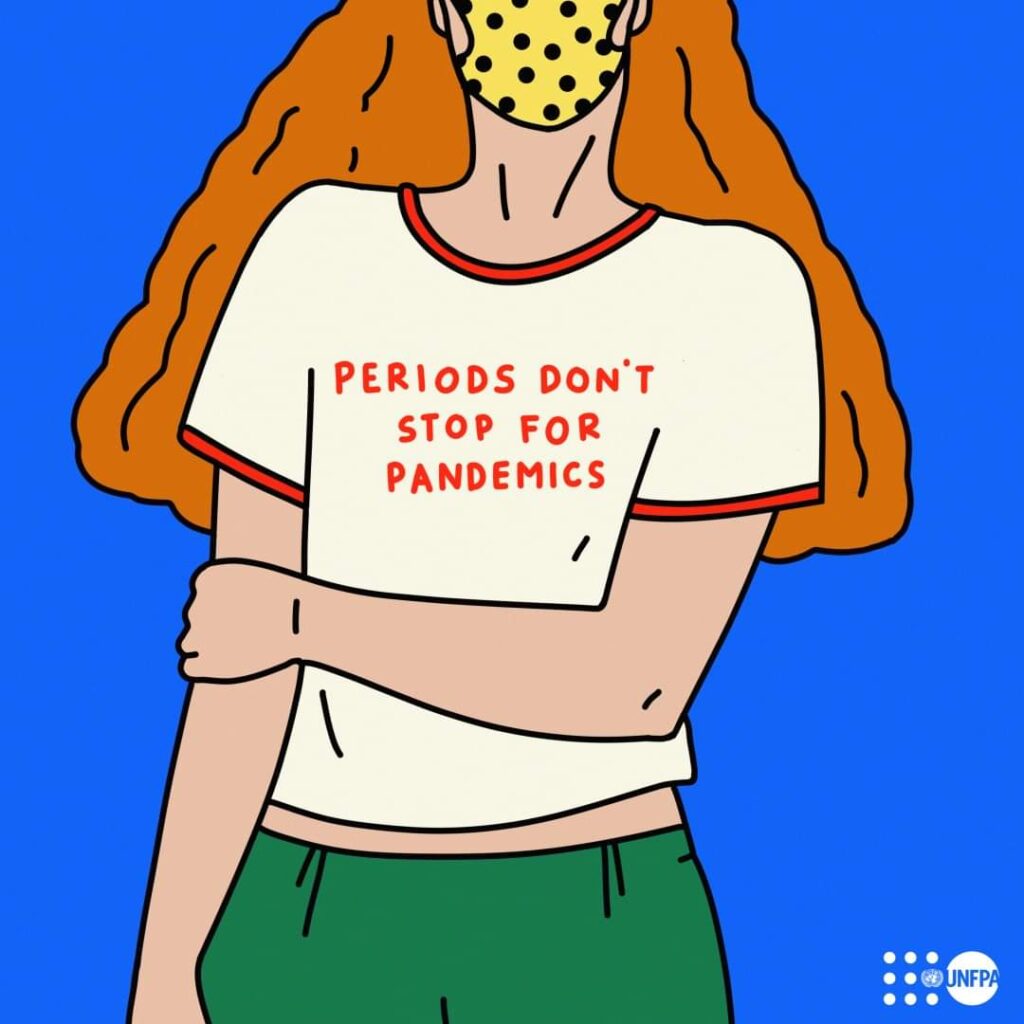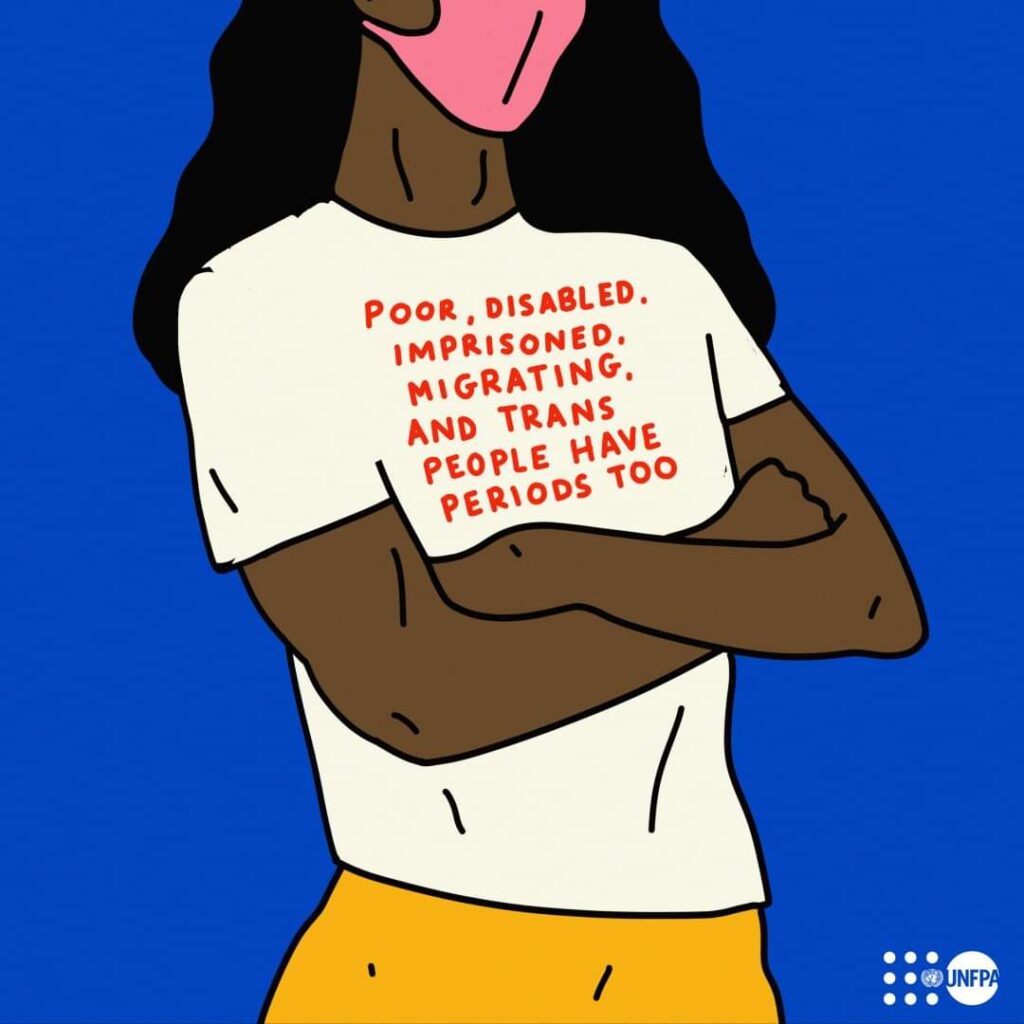By Mehandi Sharma
Hello all, the title above may sound like a cup of coffee on a date, but for me the first cup that brought difference in my life is a menstrual cup.
These days it has become my intention to talk to each and every woman I come across in my life about the powerful value that using menstrual cups can add to our lives. Using sanitary napkins causes a lot of disadvantages to our sexual health as well as environment. The sanitary napkins not only cause irritation but also causes skin related issues in our private areas and many any other hygiene related issues in our body. Now-a-days we do have bio-degradable napkins as well, but the issue of dumping and disposal persists.
Coming back to my first experience with a menstrual cup: For me it was scary as well as hilarious!!
Few months back my roommate introduced me to a menstrual cup. I was aware about the tampons that time and had used them before but had never got comfortable with it so, I was using sanitary pads made of banana leaves. In my mind, I was contributing a bit towards my health and environment, and I was happy about it. Then my roommate told me how hassle free it feels to use a menstrual cup. After listening to her comfortable and less sticky experience I was waiting for my monthly cycle to come. Finally, when the day arrived, I was excited and thrilled about it. But the fear of doing it for the first time caused me a lot of anxiety. However, I decided to overcome my fear and landed in a perfect position to insert the cup. To my surprise, it was not an easy task for me. The tiny cup just wouldn’t get inserted after multiple trials and I got stressed and exhausted sitting inside the washroom. After 20 minutes of not giving up, I did manage to insert it. It was a victory for me on a day when usually women do not feel that confident because of all the pain and mood swings.
I was all cheered up and the patience that I kept was worth it. It was super comfortable, no sweat, no irritation and felt super-hygienic. Apart from all the cramps and pain that makes us uncomfortable on the first day of cycle, there was nothing uncomfortable and, in my mind, I was sure of switching to a cup. After 8 hours of comfort, the moment came where I had to remove it, empty it and re-insert it again. According to my roommate’s experience, the removal is easier than insertion, so I was ready in my mind. However, my fingers did not do the magic. There were only three steps: SQUAT, PUSH AND PULL…SQUAT, PUSH AND PULL, However, it was not simple for me. I was not able to find it inside my vagina. I got anxious and terrified that it will not come out on its own and I would have to visit a doctor. I imagined myself sitting on a table with a Gynae who is going to pull it out like a baby. But nothing of that sort happened, as I calmed myself down and tried it again. It did take 20 mins, but it happened. From that day till now, I have never looked back. Now, it does not take me more than 5 mins to insert or remove a cup and it has made my menstrual cycle hassle free. It is hygienic, comfortable and does not cause any stains on my clothes.
Do you guys know that Kerala’s Kumbalagni has become India’s first sanitary-napkin free village. I believe this is a milestone that we have achieved towards women health in our country, and we as women should work towards it diligently by spreading the awareness and make our country, the first country to go PAD-FREE. I feel very thankful to my friend who introduced me to my first cup. I hope this chain will continue and we will keep inspiring each other to go pad-free and adopt menstrual cups instead!


